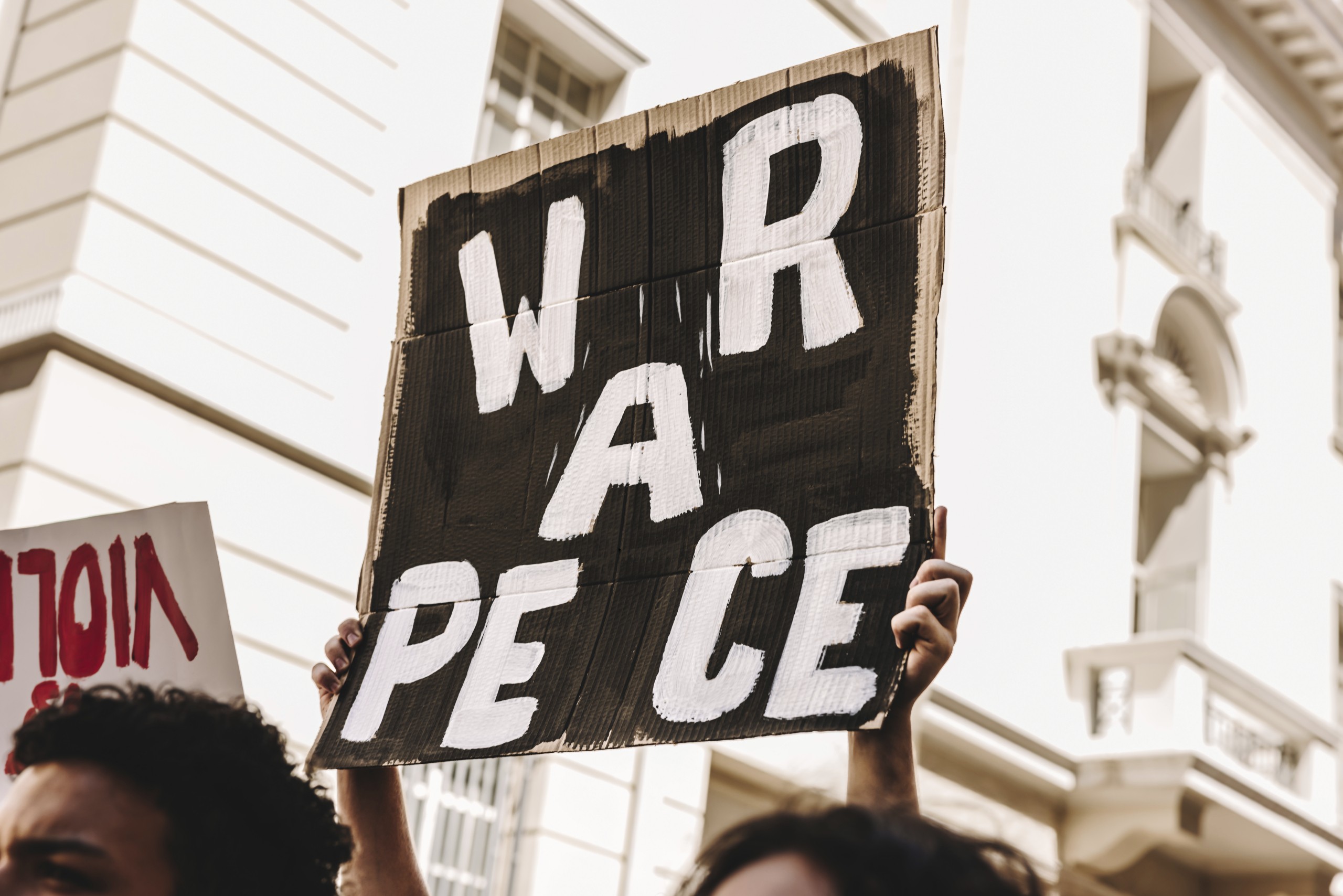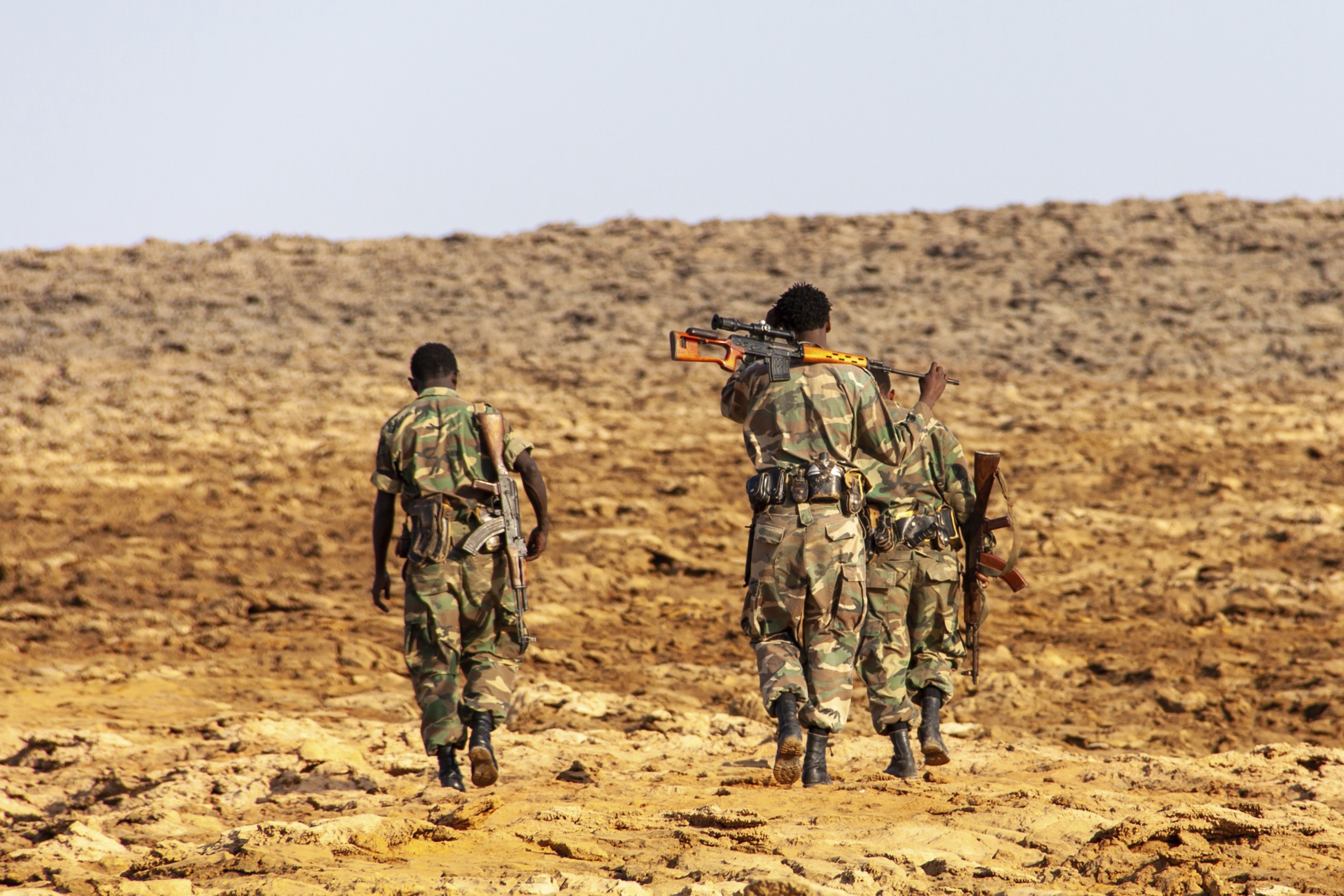Ethiopia’s political landscape has been dominated by civil conflict. While a peace agreement was signed between the federal government and the Tigray People’s Liberation Front in November 2022, an insurgency in Oromia has escalated, straining the nation’s stability. Despite this turmoil, national elections were held relatively peacefully in 2021, resulting in the incumbent Prosperity Party’s decisive victory.
Vulnerable communities have been hit hard by economic contraction and rapid inflation, which decreased the purchasing power of Ethiopian citizens. Concerns over handling the Tigray conflict led to delays in Ethiopia’s debt restructuring and the finalizing of loan agreements. However, Ethiopia made moderate progress in opening the economy to private business and competition.
The civil conflict reversed gains by Prime Minister Abiy Ahmed’s 2018 reforms. The government failed to address Ethiopia’s root political issues, namely ethno-federalism, right to secession and autonomy for ethnic groups. Its inability to handle security threats and political upheaval resulted in extensive conflict and increased control to suppress dissent.

